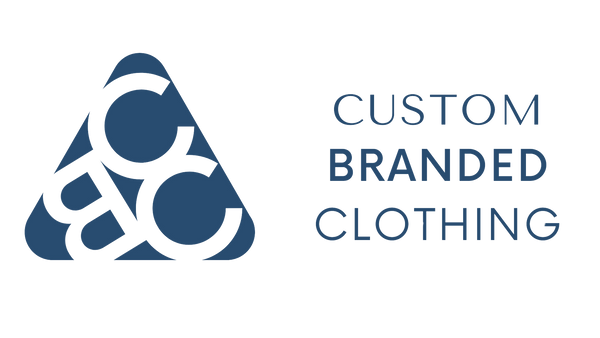Recycled Fibers and the Impact of GRS Certification
Imagine wearing a jacket crafted from recycled plastic bottles or carrying a bag made from discarded fishing nets. These items represent a remarkable journey of transformation and innovation, showcasing the power of recycled fibers and the Global Recycled Standard (GRS) in driving sustainable practices.
The journey begins with collecting waste materials destined for landfills or oceans. Instead of contributing to environmental pollution, items like plastic bottles, old textiles, and industrial waste are given a new lease on life. These materials are meticulously cleaned and processed, breaking them down into fibers that can be spun into new, high-quality yarns. These yarns form the foundation of fresh fabrics, ready to be transformed into eco-friendly garments and accessories.
The Global Recycled Standard (GRS) plays a crucial role in ensuring this process is both environmentally and socially responsible. Established to meet the needs of companies committed to verifying the recycled content of their products, GRS also emphasizes ethical and sustainable practices throughout the production chain. This standard ensures that every step, from the collection of raw materials to the finished product, adheres to stringent criteria.
For a product to earn GRS certification, it must contain a minimum of 20% recycled content. However, most certified products significantly surpass this threshold, highlighting their substantial environmental impact. The GRS certification process includes comprehensive audits that guarantee responsible production methods, such as safe working conditions, fair wages, reduced water usage, lower carbon emissions, and the elimination of harmful chemicals.
The benefits of choosing GRS-certified recycled fibers are profound. By supporting products made from recycled materials, consumers help reduce the demand for virgin resources, conserve natural resources, and lower the overall environmental footprint of production. This also helps divert waste from landfills and oceans, contributing to cleaner and healthier ecosystems.
One inspiring example of GRS in action is a project in Southeast Asia where local communities collect and recycle ocean plastic. These efforts not only clean up beaches but also provide sustainable livelihoods for many families. The recycled plastic is transformed into high-quality fibers, which are then used to create durable, stylish, and eco-friendly clothing and accessories. Each item bearing the GRS label ensures that the entire process meets the highest standards of sustainability and social responsibility.
By choosing GRS-certified products, consumers become part of a global movement towards a circular economy. They support innovation that turns waste into valuable resources, reduces environmental impact, and promotes ethical labor practices. Wearing or using items made from recycled fibers becomes a powerful statement of commitment to a more sustainable future. It’s a choice that merges style with sustainability, demonstrating care for the planet and its inhabitants.
So next time you pick up that recycled jacket or bag, remember the incredible journey of recycled fibers and the rigorous standards of GRS. It’s more than just a product; it’s a testament to the transformative power of responsible consumption and sustainable innovation.
